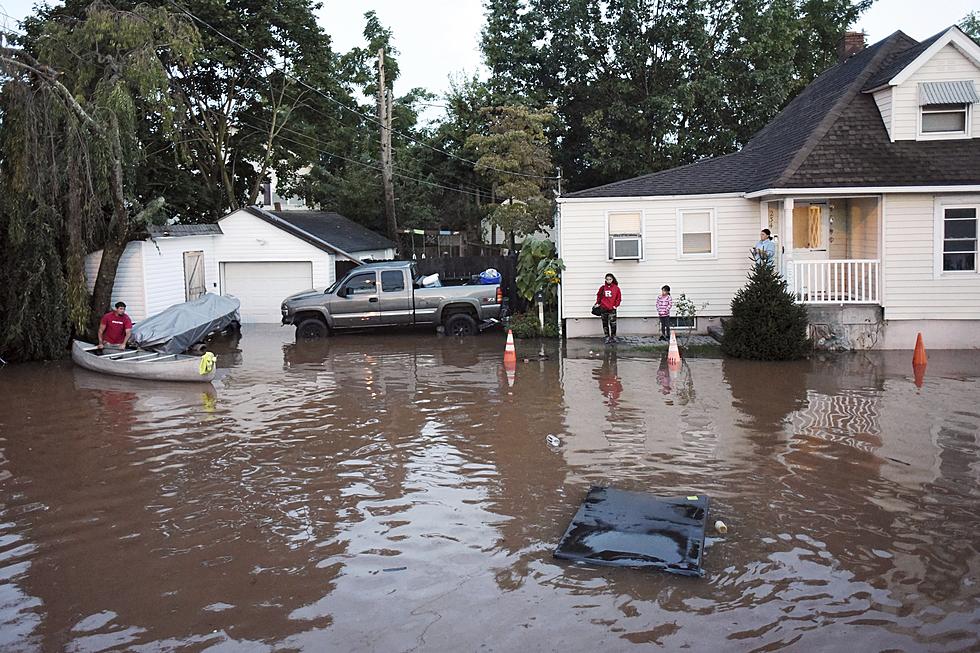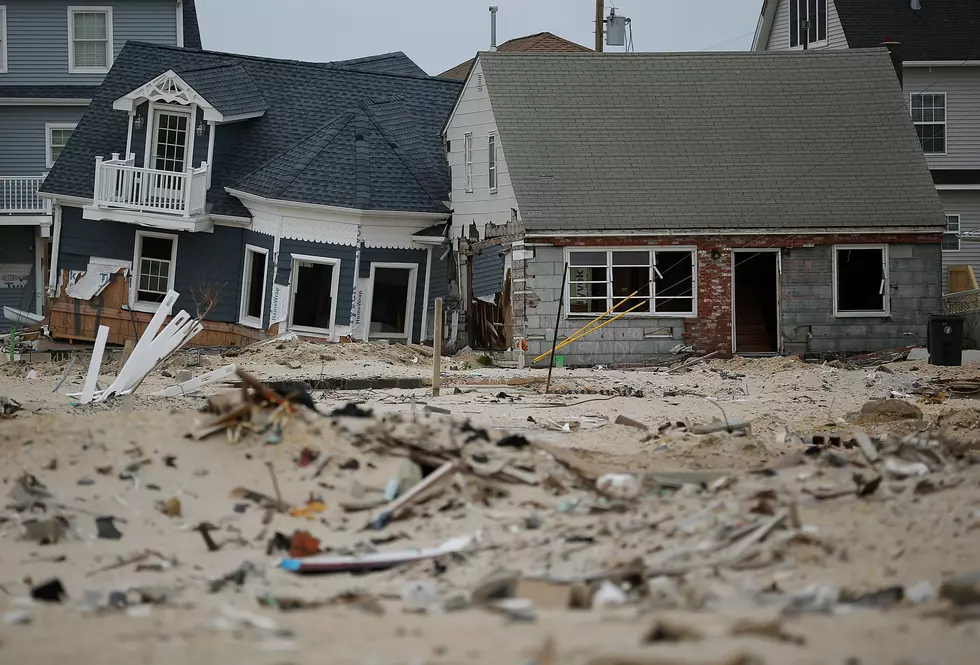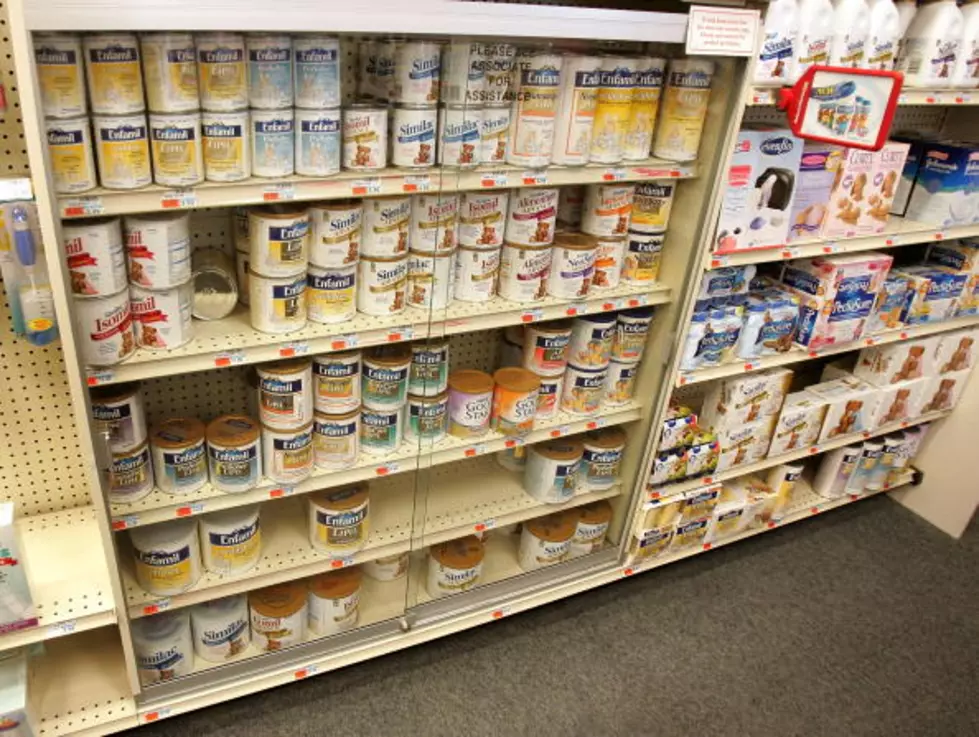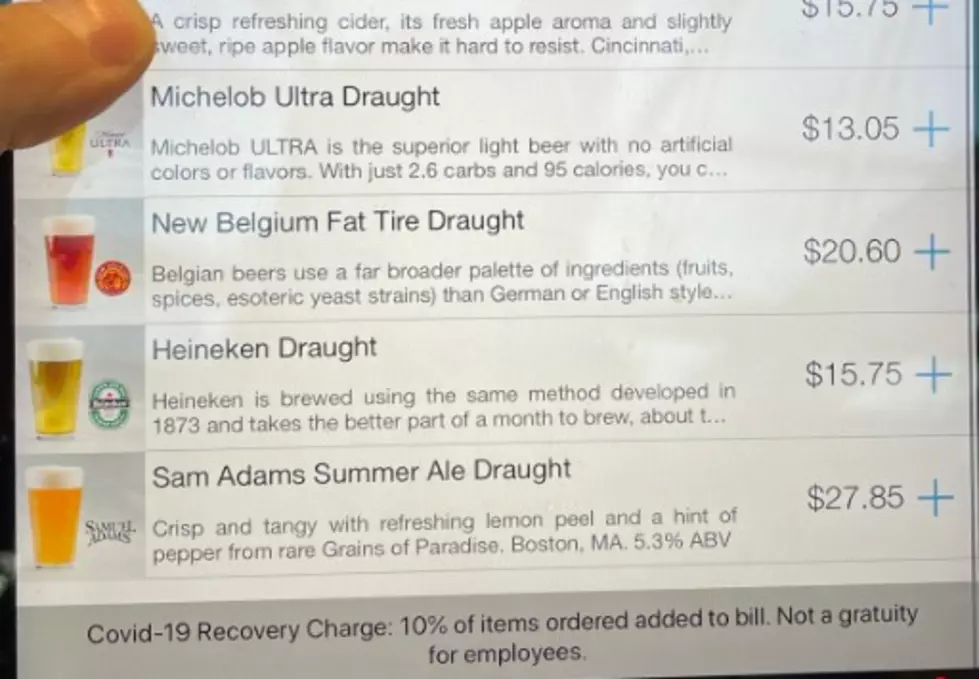
Beware of price gouging and other disaster-related scams in the wake of Ida
New Jersey residents should be aware of price gouging and other consumer fraud and scams following Gov. Phil Murphy's state of emergency declaration related to the remnants of Hurricane Ida.
“New Jerseyans recovering from the after-effects of Hurricane Ida should not be faced with price gouging from those who try to take advantage of tragedy and uncertainty,” Murphy said in an emailed statement from the New Jersey Office of the Attorney General. “We will do everything we can to combat this unfair and illegal practice.”
Acting New Jersey Attorney General Andrew J. Bruck and the Division of Consumer Affairs have a simple but direct and powerful message for scammers. "If you prey on the victims of this tragedy, we will find you and we will make you pay."
New Jersey law prohibits price gouging and consumer fraud during a declared state of emergency and for 30 days after its termination.
Bruck promised to crack down on anyone who seeks to make an illegal profit from those who are vulnerable, especially in times of crisis, like Ida. This could mean an unlawful hike in food, gas, and hotel room prices as well as generators and other necessary services.
An excessive price increase is one that exceeds 10 percent of the price of the product or service sold prior to the state of emergency declaration.
A similar promise was made in 2017 from then New Jersey Attorney General Christopher S. Porrino after merchants jacked up their prices on services or items after winter storms. The provision went into effect after former Gov. Chris Christie declared a state of emergency following a March 2017 snowstorm.
After Superstorm Sandy hit New Jersey in October 2012, there were numerous reports of aggressive price hikes throughout the state and more than two dozen businesses faced fines.
Five years later, U.S. Rep. Frank Pallone, D-NJ, wanted a federal law preventing price gouging during disasters. Pallone said people were faced with having to replenish necessities after Sandy and the disaster she brought with her. People were trying to buy gasoline, food and even housing. But prices suddenly skyrocketed because some businesses tried to take advantage of their vulnerability.
Price gouging violations could mean a penalty of up to $10,000 for the first offense and $20,000 for the second and subsequent offenses.
Suspected price gouging can be reported to the state Division of Consumer Affairs by calling 973-504-6240 or online at at njconsumeraffairs.gov.
Incredible, heartbreaking images of Ida's damage in New Jersey
More From Beach Radio










